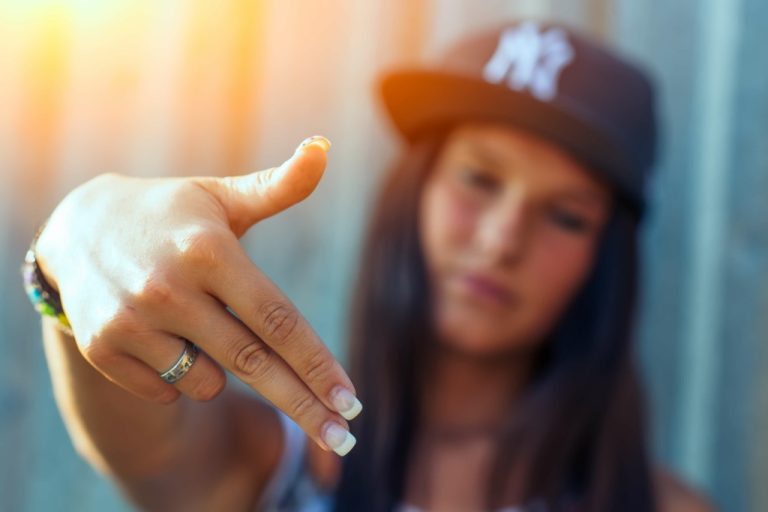Depending on how much you drank, it can take a few hours to fully recover from dehydration. “If you’ve gone the whole night and realize you didn’t have any water, you can’t ‘catch Alcohol Use Disorder up’ with plain water,” she says. In fact, 10 grams of alcohol makes you produce 100 mL (3.38 fl. oz.) of urine 2. This test is for informational purposes only and is not a substitution for a diagnosis by a trained medical professional. If you score high on this test, it may be time to speak to your doctor about the next steps. This can lead to impaired judgment and increased risk-taking behavior, such as driving while under the influence.
Recognizing Early Symptoms

None of the other authors have conflicts of interests to declare. By Lindsay CurtisCurtis is a writer with over 20 years of experience focused on mental health, sexual health, cancer care, and spinal health. It is important to always consume in moderation and to seek care if you exceed your limits.
- If you alternate alcohol and water as you drink, you slow your intake of alcohol.
- For instance, athletes or those in hot climates should be especially mindful, as combining alcohol with sweat-induced fluid loss can accelerate dehydration.
- As our body tries to regulate its temperature, it produces more sweat, resulting in fluid loss.
- They have the important task of filtering out waste and ensuring that the right amount of water is kept in the body.
Why does alcohol dehydrate your body?
- Dehydration can impair physical coordination and reaction time, leading to an increased risk of accidents, such as falls or injuries.
- Despite its essential role, our body’s water balance can be easily upset, particularly by the consumption of alcohol.
- In total, 13 participants were needed to detect any differences between groups, applying a two-sided evaluation with an alpha of 0.05, a power of 0.80, and an effect size of 1.67 mL.
- In fact, for every 1g of alcohol consumed, urine excretion increases by 10mL.
- When it comes to the effects of alcohol on hydration, it’s important to consider the role of electrolytes.
- This can lead to a higher frequency of urination and the loss of fluids from the body.
In addition, the differences in the urine output between alcoholic and non-alcoholic beverages after exercise disappear from 4 h onwards 17,22. Based on this, the relevance of the diuretic effect of moderate alcohol consumption in the real-life situation under normal circumstances, can be questioned. Alcohol affects the secretion of vasopressin, also known as antidiuretic hormone (ADH), which is crucial for regulating the body’s water balance. ADH signals the kidneys to absorb more water does alcohol make you dehydrated from the urine, thus conserving fluids.
Other lifestyle factors:
Alcohol impairs the brain’s ability to regulate emotions, and mood changes are common. As the night wears on, you may notice your cheerful feelings soon begin to shift to irritability, sadness, aggression, or anxiety. After alcohol enters your bloodstream, it travels anywhere and everywhere in your body. This includes your brain, which is why you feel light-headed and loopy, and your judgment can be slightly impaired. https://ecosoberhouse.com/ Breathalyzers can be used to check if someone’s driving while intoxicated.


